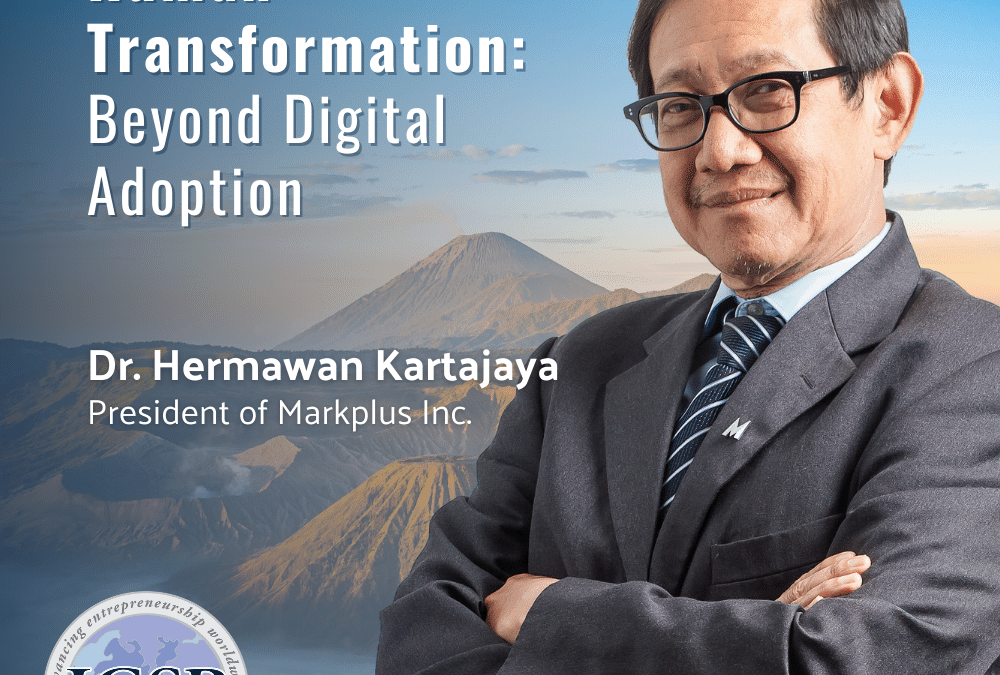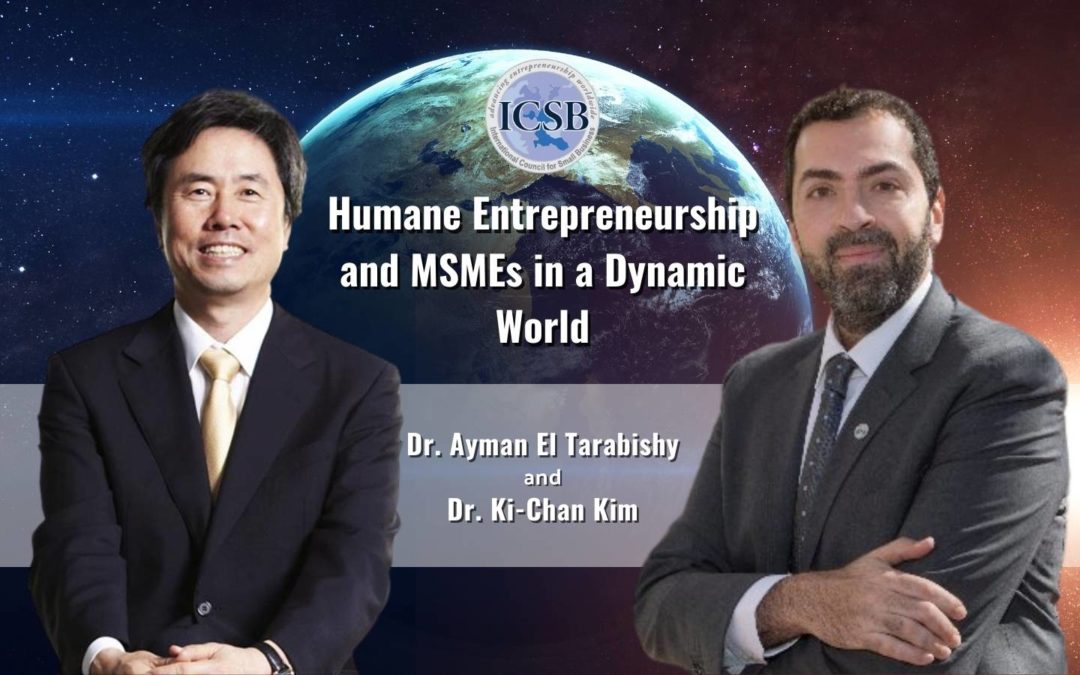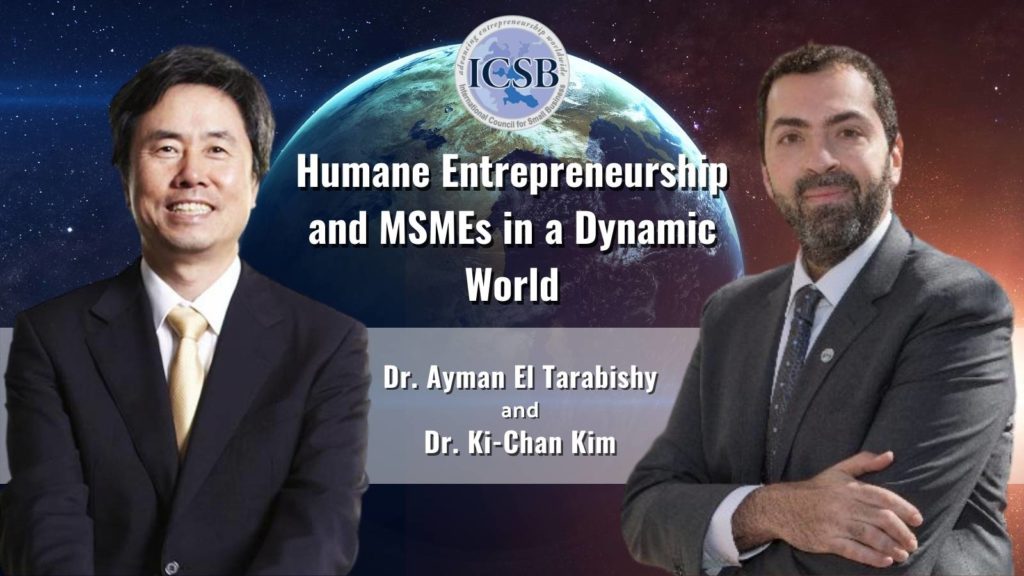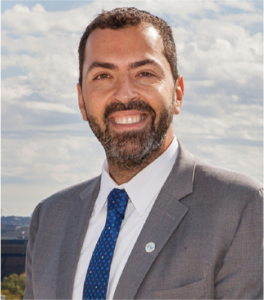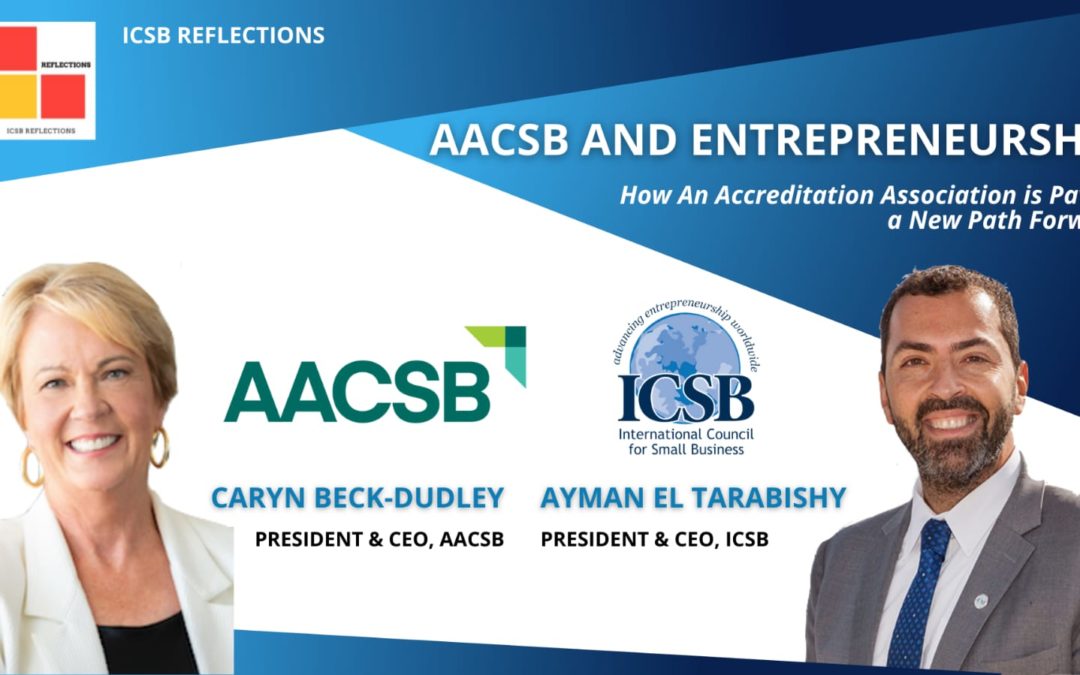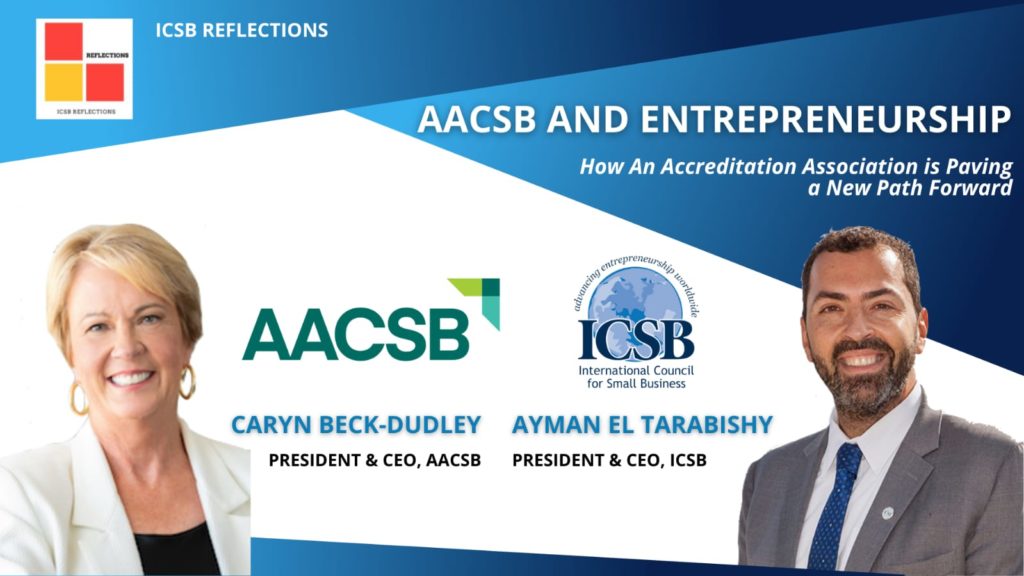
4th Industry and Humane Entrepreneurship
Sep 26, 2021 | The Latest
4th Industry and Humane Entrepreneurship
Sunday, September 26, 2021, by Dr. Ayman El Tarabishy

As our society moves through Industry 4.0 and acclimates to manufacturing automation, this 4th Industrial Revolution is throwing our world into uncharted waters where cold, uncompromising technology meets the warmth and unpredictability of the human experience.
Within the context of humane entrepreneurship, we understand that each entity has its histories, values, and cultures that inform how they do business and interact with their peers. However, any time we approach a different way of operating, there are new questions that arise. Chief among them, we must ask ourselves what the role is of humane entrepreneurship at this unfamiliar intersection of technology vs. the human experience and how we can consider the lessons we have learned from the past to embody the society we want to be in the future.
According to academic and researcher Ivea ZeBryte, we must keep sight of the human element in all that we do. ZeBryte says, “When teaching entrepreneurs, we should be working through a matrix where empathy is understood as the ability to put oneself into the place of another, to identify and be sensitive to others that we recognize as different from us.” Therefore, it is precisely the differences that challenge us to come together for the greater good. To move forward together into the next realm of entrepreneurship, ZeBryte lays out the road map to follow: reevaluate, or delineate what we value as humanity; reimagine, or work out the plurality of futures ahead of us; and reset, or build a new system of value creation and exchange based on these agreed-upon ideas.
Meanwhile, taking a more micro-level view, we must also consider what influences entrepreneurs and their decision-making processes, both internal and external. Psychological factors include personality, mindset, and level of cognition, while non-psychological elements encompass affiliation to a group, religion, culture, and friends and family. Additionally, one could underscore three main orientations: entrepreneurial, emphasizing innovation; human resource, regarding empowerment; or sustainability, highlighting environment. “When taking all of these factors cumulatively, it creates a multi-dimensional construct that is humane entrepreneurship,” says Indu Khurana, Assistant Professor at Hampden-Sydney College. Without consideration for the individual and the society, including the influences behind our decisions, we lose the value of humane entrepreneurship.
In the meantime, it is essential to reconcile these humane concepts with new technology that is rapidly advancing this current industrial revolution. Take, for example, the travel industry. With tourism contributing USD 8.9 trillion to global GDP, it is closely linked to countries’ social, economic, and environmental well-being. The opportunities to make it even more innovative and efficient through Artificial Intelligence (AI) and automation are endless. Still, it is essential to consider what cost they may come, particularly for these citizens for whom so much is at stake. As Dr. Jugho Suh, Assistant Professor at George Washington University School of Business, warns, “AI-based off of Big Data is not a panacea for all problems…AI can read patterns and behavior, but it cannot read attitude, values, or underlying motives for action.” Therefore, while it is essential to lift the travel industry in this current age of technology, we must not do so at the expense of human lives.
At its core, technological advances have brought us to the current era and given countless opportunities to those living today. However, we are experiencing an important crossroads right now, one with immense ramifications for future generations, and it is up to us the future we choose to orient ourselves toward. Although there will always be significant differences across cultures, we must find common values to move into the future that we desire together.
Watch the session below for more on the impacts of colonialism on Chile, religion in India, and AI technology on the travel industry.

